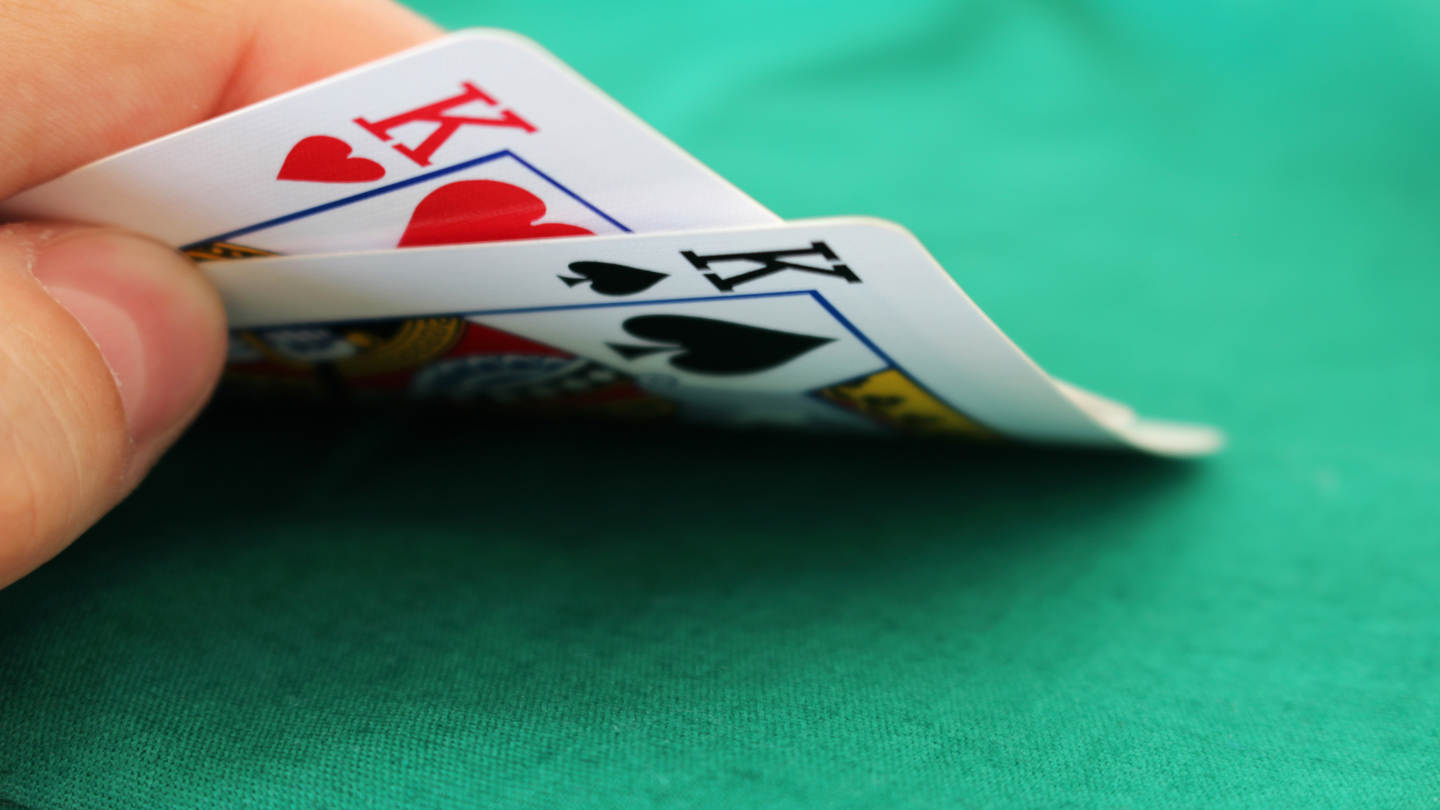How to Play Pocket Kings Like a Pro

3 minutes
Last Updated: February 20, 2024
When dealt pocket kings, the strength of your hand is undeniable, but the approach should be methodical. Assessing the dynamic of the table, the position, and the stack sizes is essential. If early in position, raising three to four times the big blind creates value while keeping the hand manageable against aggressive players. In later positions, if there has been a raise, a re-raise (3-bet) is advisable to isolate weaker hands and control the size of the pot.
Balancing Your Betting Strategy
The goal with pocket kings is to maximize value without overcommitting yourself, especially when an ace flops. Betting between 50% to 70% of the pot post-flop ensures you stay in control. If faced with heavy resistance or raises, it's crucial to reassess the strength of your hand. Against tight players who suddenly become aggressive, caution is warranted. The ability to fold if the situation indicates you're beat separates average players from professionals.
Navigating the Turn and the River
By the time the turn comes, you should have a clearer idea of where you stand. If an ace hasn't appeared, and the opponent's betting pattern seems weak, continuing to apply pressure is often the right move. On the river, deciding whether to bet for value or check can depend on what is completed. Did a draw come in? Is there a sudden shift in the opponent's strategy? Making these nuanced decisions correctly is what playing pocket kings like a pro is all about.
Advanced Tactics: Exploiting Your Image
Expert players adjust their strategy based on their table image. If recognized as conservative, using pocket kings to bluff on an ace-high flop can pay dividends, as opponents might credit you with an ace. Conversely, if your image is loose, playing the hand straightforwardly can lead to getting paid off by weaker hands.
Understanding Opponent Tendencies
Recognizing patterns in opponents' play can significantly affect your strategy with pocket kings. Aggressive players often overplay their hands, allowing for straightforward value betting. Conversely, against more conservative opponents, inducing bluffs or smaller bets before making a significant raise can be more profitable. Adaptation and keen observation are key.
Playing Pocket Kings Online
Transitioning from live play to online platforms, such as Michigan online casinos, requires adjustments. Online play tends to feature a wider range of player types and styles. This diversity demands a versatile approach to pocket kings. Here, leveraging tools and statistics available can provide insights into whether to play aggressively or take a more cautious approach. Adapting to the faster pace of online play while maintaining discipline is vital.
Post-Hand Analysis

Regardless of the outcome, reviewing how you played your pocket kings is invaluable. Consider alternative lines of play and how they might have led to different results. Over time, this reflective practice improves decision-making and intuition, key components of playing pocket kings effectively.
Common Mistakes to Avoid
Many players overvalue pocket kings, especially when an ace hits the board. Overcommitting in such situations can lead to significant losses. Additionally, failing to adapt to table dynamics or ignoring signals from opponents are mistakes that can turn a strong hand into a liability. Understanding that folding can sometimes be the best option is a vital lesson.
The Role of Psychology in Playing Pocket Kings
Poker is a game of psychology as much as it is a game of skill. Playing pocket kings like a pro requires a deep understanding of the psychological factors that come into play during a game. One of the most important factors is knowing when to stay calm and collected, even when faced with a difficult decision.
It's essential to keep your emotions in check when playing pocket kings. Fear, anger, and frustration can cloud your judgment and lead to bad decisions. By staying calm and focused, you can make rational decisions that will help you win the game.
Another psychological factor to consider is your opponents' mindset. Understanding their motivations, strengths, and weaknesses can help you predict their moves and adjust your strategy accordingly. Pay attention to their body language, betting patterns, and overall demeanor to gain insight into their thought process.
Conclusion
Mastering pocket kings is not just about how you play the hand but also about the decisions leading up to and following its play. By assessing situations correctly, balancing your betting strategy, and continuously adapting to your opponents, you can leverage the strength of pocket kings effectively. Remember, poker is not just about playing your cards but playing the players.

















